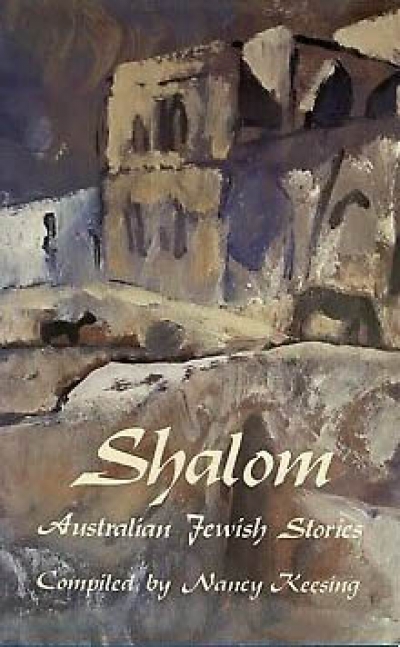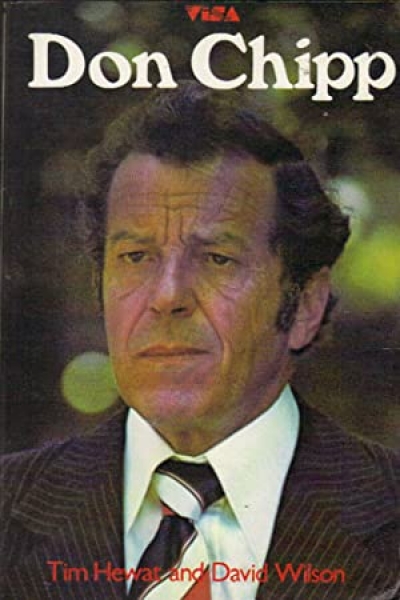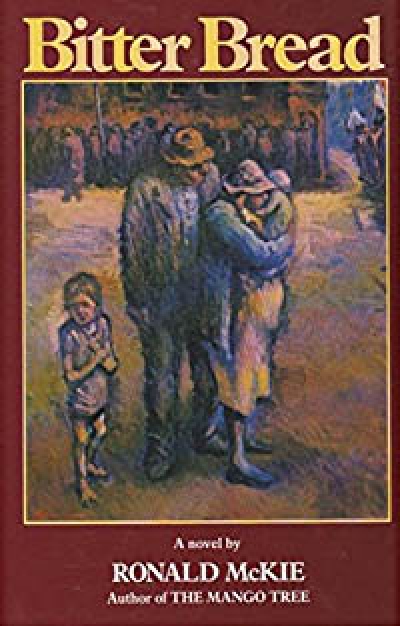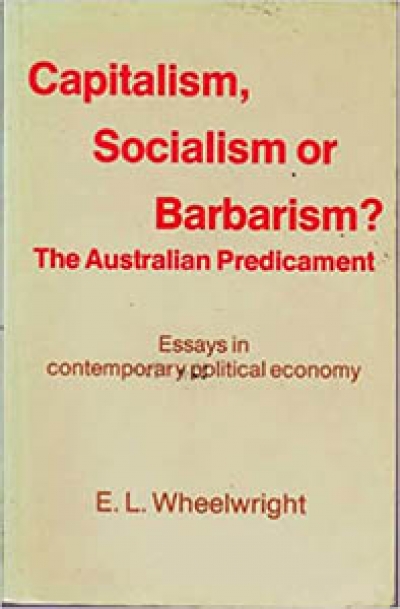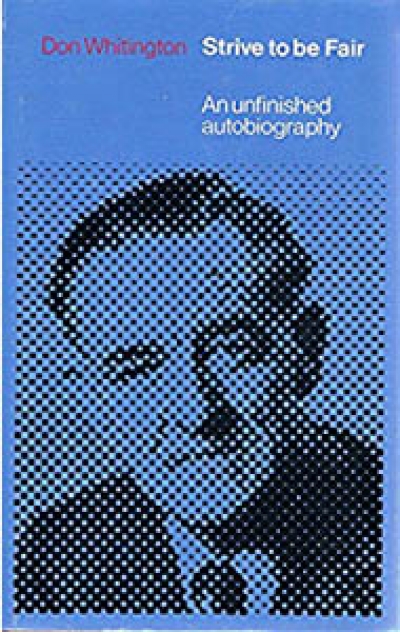Archive
The Australian Encyclopedia: Third Edition by Grolier Society of Australia
by John McLaren •
Capitalism, Socialism or Barbarism? The Australian Predicament: Essays on contemporary political economy by E.L. Wheelwright
by Leonie Sandercock •
Divorce Dilemma is a book for those contemplating divorce, but it should be compulsory reading for those contemplating marriage! Warwick Hartin brings a wealth of research and practical experience to this clear and searching analysis of divorce and marriage in our society. He courageously examines the sacrosanct institution of marriage, our reasons for marrying, the divorce rate and the effect of divorce on children.
... (read more)Amassing Treasures For All Times: Sir George Grey, colonial bookman and collector by Donald Jackson Kerr
by Graeme Powell •

